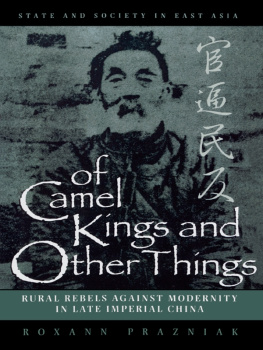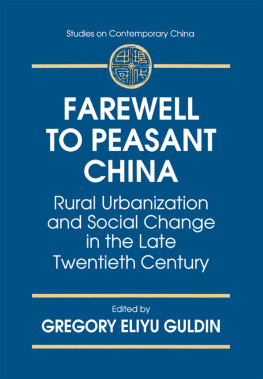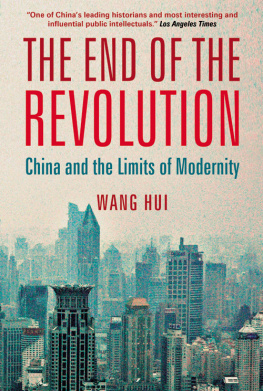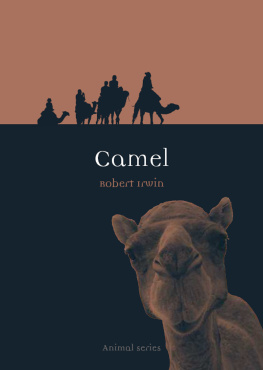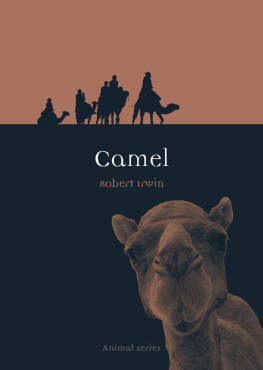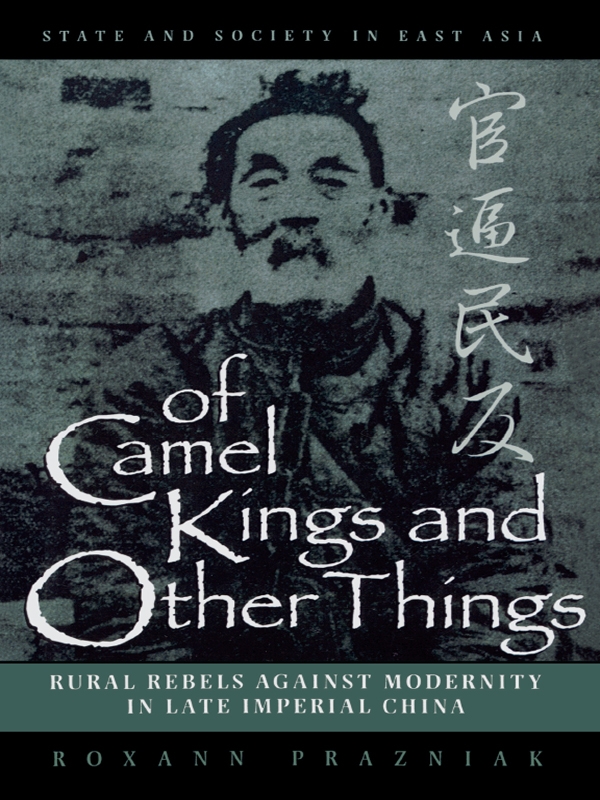Roxann Prazniak - Of Camel Kings and Other Things: Rural Rebels Against Modernity in Late Imperial China
Here you can read online Roxann Prazniak - Of Camel Kings and Other Things: Rural Rebels Against Modernity in Late Imperial China full text of the book (entire story) in english for free. Download pdf and epub, get meaning, cover and reviews about this ebook. year: 1999, publisher: Rowman & Littlefield Publishers, genre: Politics. Description of the work, (preface) as well as reviews are available. Best literature library LitArk.com created for fans of good reading and offers a wide selection of genres:
Romance novel
Science fiction
Adventure
Detective
Science
History
Home and family
Prose
Art
Politics
Computer
Non-fiction
Religion
Business
Children
Humor
Choose a favorite category and find really read worthwhile books. Enjoy immersion in the world of imagination, feel the emotions of the characters or learn something new for yourself, make an fascinating discovery.
- Book:Of Camel Kings and Other Things: Rural Rebels Against Modernity in Late Imperial China
- Author:
- Publisher:Rowman & Littlefield Publishers
- Genre:
- Year:1999
- Rating:3 / 5
- Favourites:Add to favourites
- Your mark:
Of Camel Kings and Other Things: Rural Rebels Against Modernity in Late Imperial China: summary, description and annotation
We offer to read an annotation, description, summary or preface (depends on what the author of the book "Of Camel Kings and Other Things: Rural Rebels Against Modernity in Late Imperial China" wrote himself). If you haven't found the necessary information about the book — write in the comments, we will try to find it.
Using county archives-including oral histories-as well as memoirs, periodical literature, missionary records, and official documents both Chinese and foreign, Of Camel Kings and Other Things constructs, from fragmented sources, a coherent historical view vital to our understanding of Chinas twentieth-century crises and the dilemmas of modernity itself.
Roxann Prazniak: author's other books
Who wrote Of Camel Kings and Other Things: Rural Rebels Against Modernity in Late Imperial China? Find out the surname, the name of the author of the book and a list of all author's works by series.

